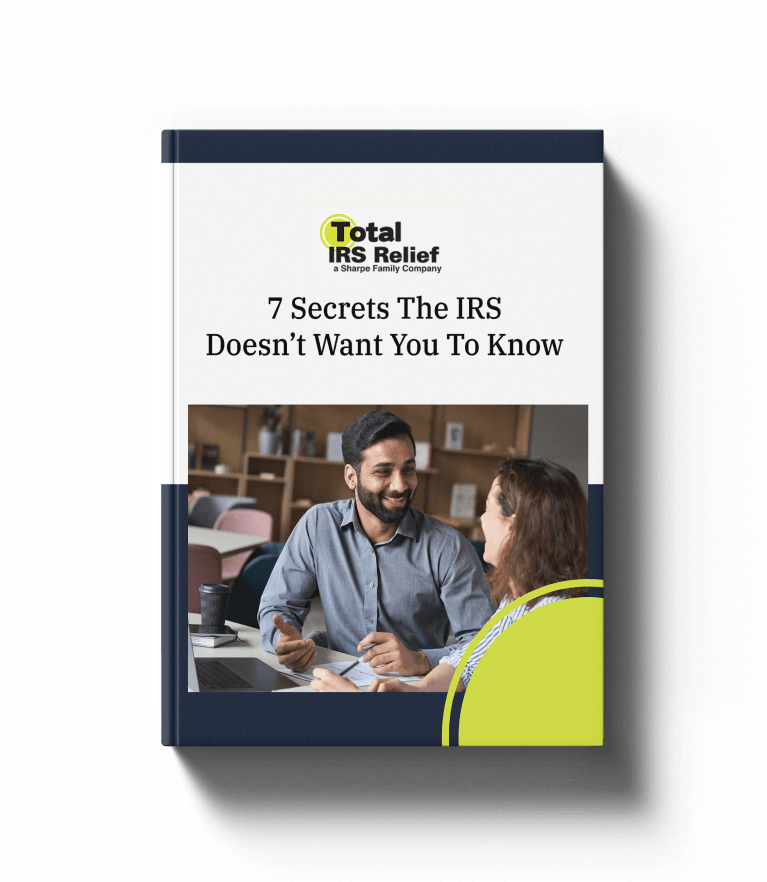
Getting a notice from your bank—or waking up to find your funds frozen—is one of the most stressful ways to find out you’re in trouble with the IRS. If this has happened to you, you’re likely dealing with an IRS bank levy.
At Total IRS Relief, we specialize in helping people stop levies fast and resolve the root tax issues that caused them. If the IRS is targeting your bank account, you still have options—but time is critical.
What Is an IRS Bank Levy?
A bank levy is a legal action that allows the IRS to seize funds directly from your checking or savings account to cover unpaid tax debt. This is different from a wage garnishment, which takes part of your paycheck. A levy can take your entire account balance up to the amount you owe.
Before issuing a levy, the IRS is required to send:
A tax bill or notice of the balance due
A Final Notice of Intent to Levy (usually sent by certified mail)
A waiting period of 30 days, during which you have the right to appeal
Why the IRS Levies Bank Accounts
Bank levies typically happen when taxpayers:
Owe back taxes
Haven’t responded to IRS notices
Haven’t filed required returns
Ignored previous collection actions
It’s one of the IRS’s most aggressive tools—and it’s often triggered after other efforts to reach you have failed.
What Happens When the IRS Freezes Your Account?
Once a levy is placed:
Your bank is required to hold the funds for 21 days before sending them to the IRS.
During this time, you can still take action to stop the transfer.
After 21 days, the funds are removed and sent to the IRS unless you intervene.
This freeze can disrupt automatic payments, rent, bills, and payroll deposits—creating a domino effect of financial stress.
How Total IRS Relief Helps You Stop a Levy
If you’ve received a Notice of Intent to Levy or your bank account has already been frozen, our team can step in immediately to:
1. Halt the Levy
We contact the IRS directly and work to stop the levy before funds are taken.
2. Address the Root Problem
Whether the issue is unfiled tax returns or unresolved debt, we help bring you into compliance quickly and accurately.
3. Negotiate a Resolution
Depending on your financial situation, we may pursue:
Installment Agreements
Offer in Compromise
Currently Not Collectible status
Penalty abatement
Don’t Let the IRS Empty Your Account
If you’ve received a levy notice—or your funds are already frozen—you don’t have to deal with it alone. The sooner you act, the more options we can use to protect your money and resolve your tax issue.
📞 Call Total IRS Relief today or schedule your confidential consultation online. We’ll help you stop the levy—and start fresh.
Enter your contact information to schedule your FREE one-on-one consultation. Our tax experts will get back to you as soon as possible.

